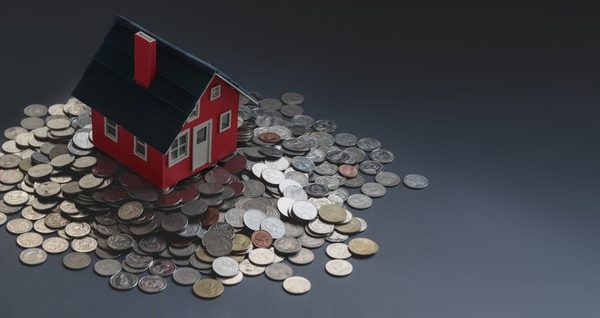Negative equity occurs when the value of real estate property falls below the outstanding balance on the mortgage used to purchase that property. The leading cause of negative equity is falling house prices, coupled with borrowing at high LTVs. For example, if the value of your house fell to £90,000, and you still owed £95,000, your loan-to-value would be 105.55%. This means you’d be in negative equity—the lower your LTV, the better, as it cushions you against falling house prices. Mortgage lenders offer their best rates to borrowers with lower LTVs – so the more deposit you can save, the better.
What causes negative equity?
Home equity is the value of a homeowner’s interest in their home. Home equity is the portion of a home’s current value that the owner possesses free and clear. If some or all of a home is purchased through a mortgage, the lending institution has an interest in the house until the loan obligation has been met. However, when the current market value of a home falls bellows the amount the property owner owes on their mortgage—that owner is then classified as having negative equity in the house. The sale of a home with negative equity becomes a debt to the seller, as they would be liable to their lending institution for the difference between the attached mortgage and the sale of the home.
Do I have negative equity?
You might not know whether or not you’re in negative equity. First of all, ring your lender to find out how much you owe now. Next, ask a local estate agent to value your home or instruct a surveyor (who will charge for this). If the value of the property is below what you owe, then you are in negative equity.
Problems caused by negative equity
Being in negative equity can put you in a tricky financial situation. If you were to sell your property, you wouldn’t make enough to repay your outstanding loan to the bank and would continue to owe money. If you wanted to remortgage, the lender would be unlikely to approve a new deal, as your property would not be sufficient security. This means you’ll likely be stuck on the lender’s standard variable rate when your contract expires.
Negative equity doesn’t matter to a lot of people. If you can afford your mortgage payments and don’t plan on remortgaging or moving home shortly, being in negative equity won’t cause an issue. You won’t be threatened with repossession or have to pay extra charges just because you’re in negative equity. As long as you carry on paying your mortgage as agreed, there won’t be a problem.
However, issues can arise if you want to:
- Remortgage
- Sell your home
How do I get out of negative equity?
Make timely mortgage overpayments
If you have savings or investments, you could put some of this money towards your mortgage. If you don’t have savings to put towards your mortgage, you could increase your monthly mortgage payments instead. If you can’t afford to make overpayments but have a spare room in your house, you could take in a lodger and use the rent to overpay on the mortgage.
Make home improvements
There are some improvements you can make to your home that will increase its value. You’ll need to work out how much the work will cost, and by how much it will inflate your home’s value, before deciding if the investment is worthwhile.
Stay put
If you don’t need to remortgage or move to a new house, you can simply stay put and wait for the housing market in your area to improve.
Contact us at (605) 718-9820 or schedule a call and let our mortgage experts help you with your home loan.
© 2021 Affiliated Mortgage, LLC. NMLS #14211: AZ NMLS#0947858. All Rights Reserved. Affiliated Mortgage, LLC is a Division of Lend Smart Mortgage NMLS #4474
Developed and designed by https://blairallenagency.com





